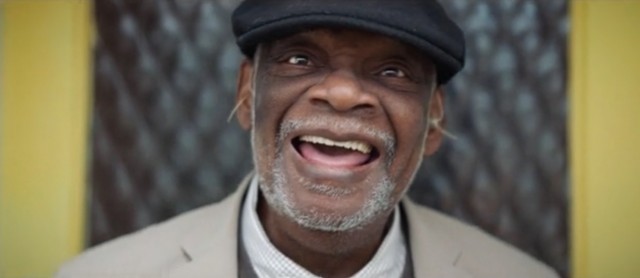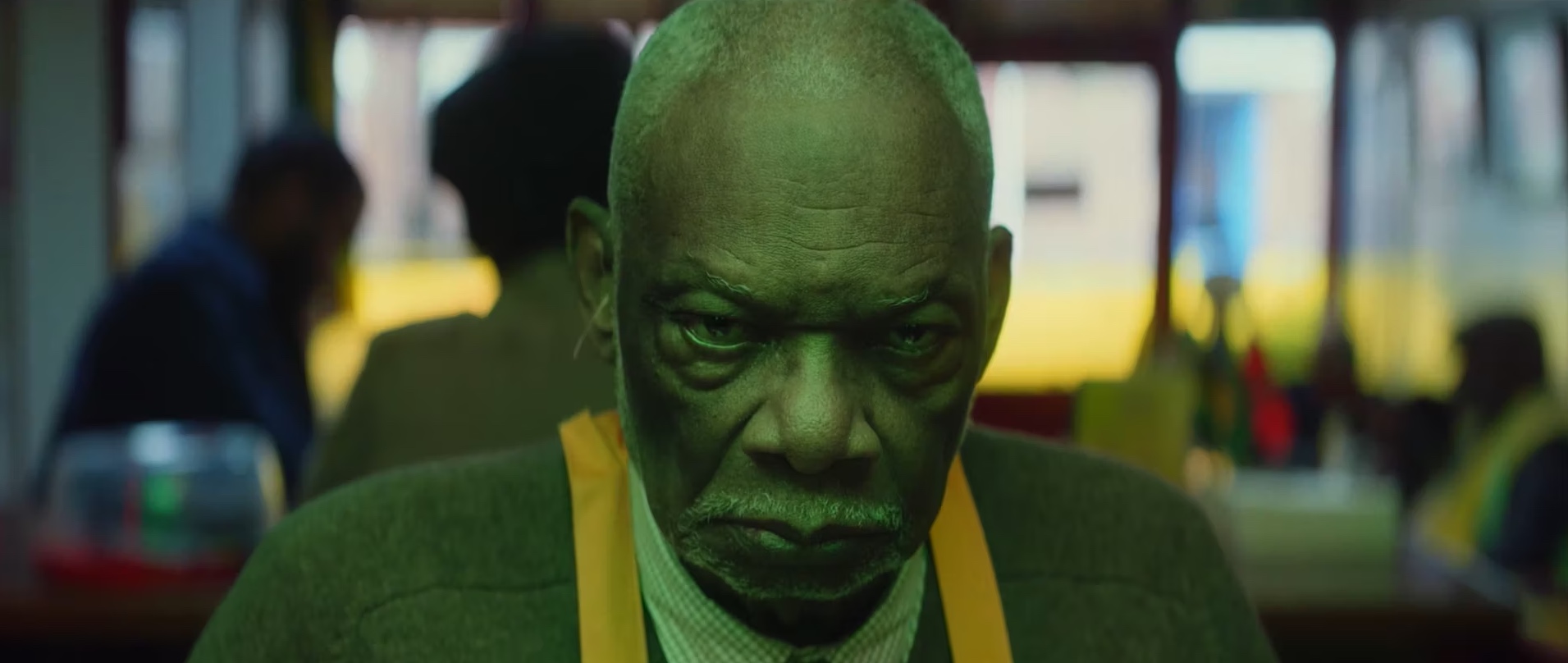When I think of some of the most exciting talent emerging from the UK film industry in recent years, I’ve been introduced to a lot of those names through Film London shorts. One of the go-to funding bodies in the UK film sector, the likes of Prano Bailey-Bond, Aleem Khan, Moin Hussain (Real Gods Require Blood, Naptha), Nida Manzoor (7.2) Rubika Shah, and Dionne Edwards have made short films through their schemes, before going on to make debut features. With her own debut feature, Rye Lane, currently receiving widespread acclaim, Raine Allen-Miller is another name to add to that list. So let’s take a look at her 2018 Film London short Jerk.
Winning fans for its feel-good factor at this year’s Sundance, Rye Lane is a fun-filled modern rom-com set on the streets of South London, and the location is the only real common ground we could find between Allen-Miller’s short and her debut feature. A bleak and authentic depiction of depression, Jerk is more intent on immersing its viewers in its protagonist’s headspace, than the sun-soaked streets of the UK’s capital. With the first three minutes of the short set within lead character Winston’s dreary looking home, as he leaves his house (to the sounds of some upbeat reggae), we’re presented with a totally different character to the one who was just starring out of the crack in his drawn curtains reassuringly telling himself “everything is fine in here”.

As Winston leaves the house, we’re presented with a very different character and the film cleverly transforms its visual approach along with this change.
The Winston on the streets seems a totally different character, greeting everyone he sees with wide-eyed enthusiasm, and the aesthetic replicates this change, switching from grainy low-light photography to bright, crisp images as he walks to the restaurant where he sets about cooking the titular jerk chicken. On the outside, Winston may give the impression that life is good, but we get the idea that something darker is still bubbling away on the inside when we catch his reflection in a mirror sneering back at himself. Through the sound design and flashbacks to Winston at home, we get the sense he is a man seconds away from crumbling into despair, and in the end, it takes the smallest incident to become the catalyst for him to finally open up.
When he finally cracks, that moment is perfectly handled by Allen-Miller and her lead actor Count Prince Miller, as we get to experience both his inner turmoil and the complete collapse of his exterior facade. Again, it’s such a small moment, but it’s played with utter devastation by the actor, his seemingly joyous interactions with a mother and child he’s just served chicken, seamlessly transforming to total detachment and despair. The edit and sound design combined with Winston’s frank admission to complete the gut-punch conclusion to Jerk.
It’s the kind of ending that could leave you wrecked, I was close to tears myself, but Allen-Miller has one more trick up her talented sleeves to really put her audience through the emotional gamut. Again, it comes down to small moments, but a supportive hand on the shoulder and the simple line “I know” from Winston’s companions in the restaurant make him (and us) know that he’s not alone. In an instant, the devastation felt from Winston’s collapse quickly becomes a tale of solidarity and support. You’re still reeling from all that has happened, but alongside the emotional impact that comes from the acknowledgment of his mental struggles, you’re now filled with a surge of optimism that maybe, with his friends around him, everything really will be fine.

 Rob Munday
Rob Munday